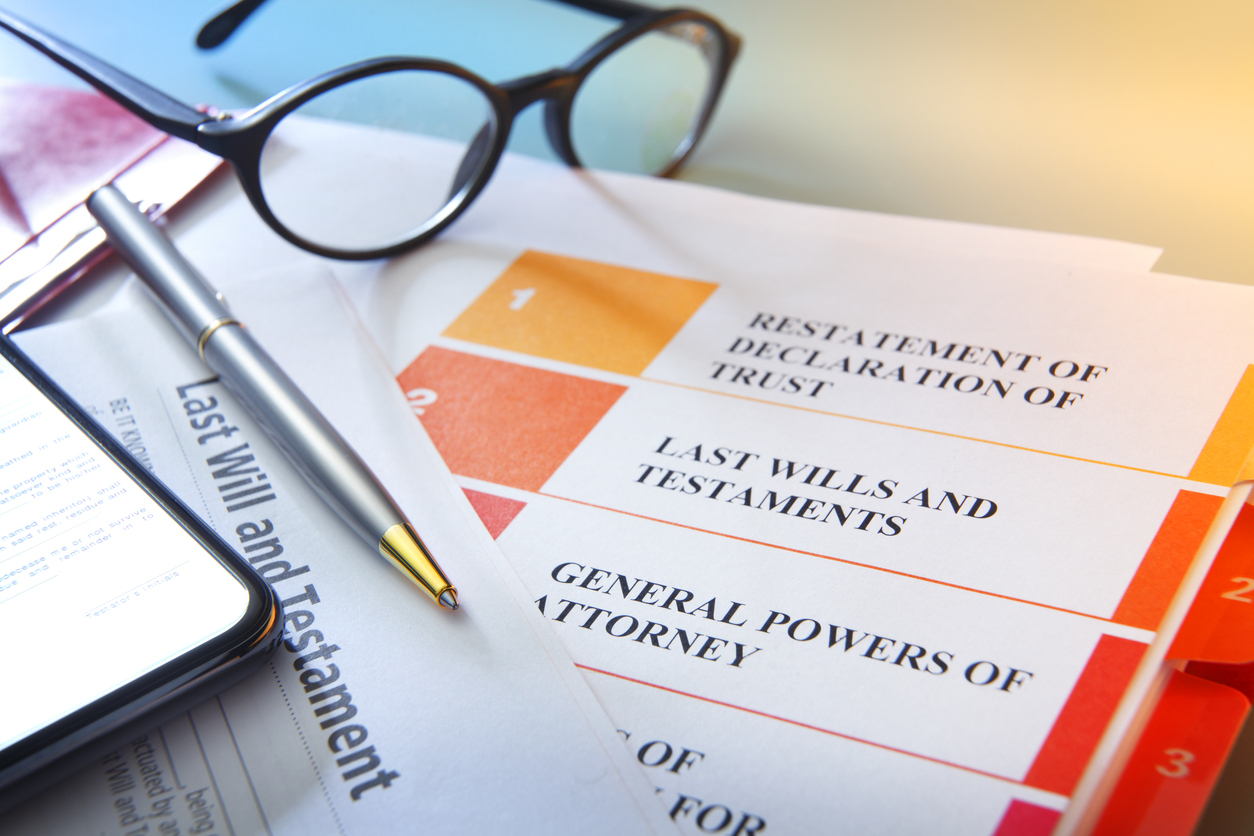What Happens to a House When the Owner Dies Without a Will?
For many families, their home is the most valuable asset in their possession. As such, it is only natural to wonder what might happen to that asset after owners pass away. Perhaps you are the child of a parent who owns a property in New Jersey, and you are wondering what will happen when the unthinkable occurs. If your parent has written a will, the result is fairly predictable. But what happens if your parent has not written a will?
If you would like to explore this matter further, get in touch with an experienced estate planning attorney in New Jersey. While you cannot write a will on your parent’s behalf, you can learn about the various options available to them. Together, we can broach the topic of estate planning to your parent and help them do what is best for the family. As you will see, failing to write a will can result in a range of unfavorable outcomes.

What Happens to a House When the Owner Dies Without a Will?
Intestate Succession: What Happens When You Die Without a Will
When you pass away without writing a will, your estate follows the law of intestate succession. This means that the New Jersey courts follow a predetermined set of rules when dividing your property among beneficiaries. In other words, no one will have any control over what happens to your estate, and they will have to simply sit by and watch as the government decides which assets should be given to which family members. Your home will be distributed according to these laws.
Who Gets the House Under Intestate Succession Statutes?
The laws of intestate succession can be quite complex. If you die with children but no spouse, your kids inherit everything – including your home. If you have a spouse and no children, your spouse inherits everything – including your home. If you have a spouse and children with that spouse, your spouse still inherits everything. If you have a spouse and children with that spouse – but your spouse also has children from another relationship, the spouse will only receive 25% of your property. Your children then receive the rest. If your parents are still alive and you have a spouse, your spouse inherits 25% and your parents receive the rest. If your parents are alive upon your passing and you have no children or spouse, they receive everything. If you are survived only by your siblings, your siblings receive everything.
Although intestate laws ensure that your family members still receive your property, it is better to write a will and ensure that your home falls into the hands of someone you personally select.
Enlist the Help of a Qualified Attorney Today
If you have been searching for a qualified, experienced estate planning lawyer in New Jersey, look no further than Giro, LLP, Attorneys at Law. Over the years, we have helped a number of individuals write wills and establish effective estate plans. A family home should stay in the family, and working with a lawyer ensures the long-term security of these vital assets. Book your consultation today to explore your estate planning options.

Leave a Reply